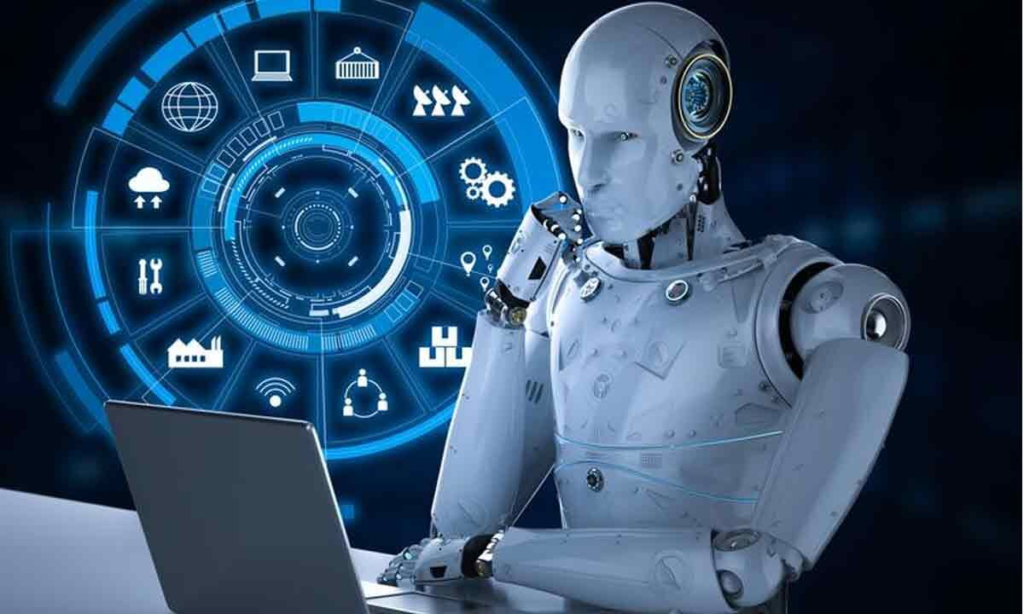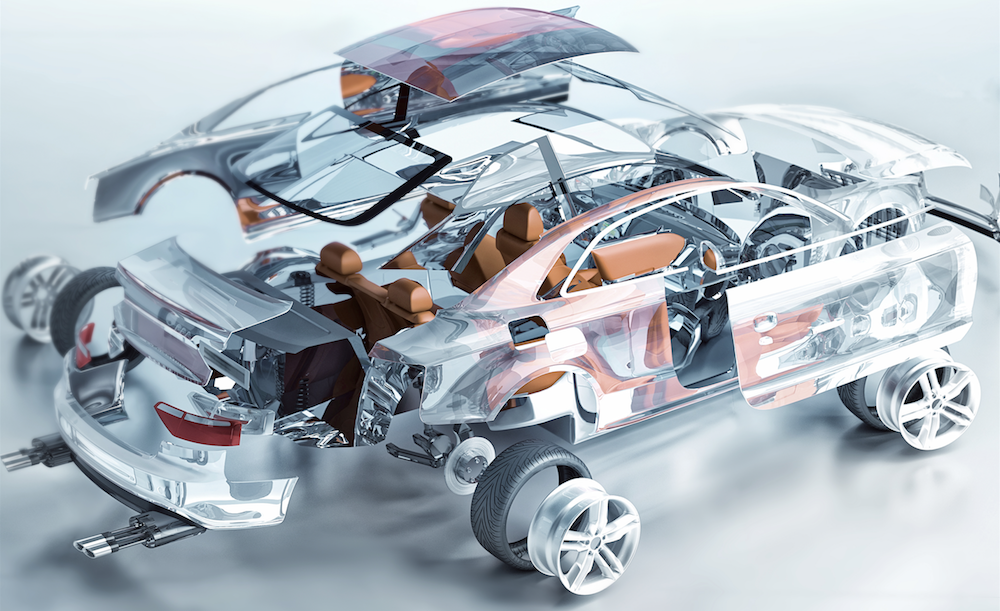
The intersection of technology and healthcare is a domain where innovation can quite literally mean the difference between life and death. Artificial Intelligence (AI) is emerging as a game-changer in this critical industry, as researchers, physicians, and healthcare providers increasingly turn to AI-driven solutions to improve patient outcomes, streamline care delivery, and even prevent diseases. This post will explore the groundbreaking applications of artificial intelligence (umělá inteligence) in healthcare, highlighting the impact of these systems on patient care and the future of medicine.
Diagnostics Revolution: From Error-Prone to Pinpoint Accuracy
A pivotal use case for AI in healthcare is in diagnostics, an area traditionally fraught with subjectivity and human error. Pathologists, radiologists, and other specialists often spend hours scrutinizing medical images and reports, tasked with identifying anomalies that may be indicative of illness. AI algorithms, however, can analyze these images with incredible speed and accuracy.
Machines, unlike humans, are immune to fatigue and variation in judgment, consistently performing at peak levels. In radiology, AI tools can process immense datasets of medical images to detect minute details that might elude even the most attentive human eye. Studies have shown that AI systems can identify certain cancers and other diseases from medical imaging nearly as accurately as trained physicians, accelerating diagnosis and the subsequent initiation of treatment.
Personalized Medicine: Tailoring Treatment with Precision
The traditional model of medicine is one-size-fits-all, but the reality is that individuals respond to treatments in different ways. Factors such as genetics, lifestyle, and environmental influences all impact how a patient will respond to a given therapy. This is where AI excels, by facilitating the delivery of personalized medicine.
Pharmacogenomics is an area that’s heavily influenced by AI tools. These algorithms can analyze a patient’s genetic data to predict which medications are most likely to work and which might cause side effects. By tailoring treatment plans on such a granular level, AI is not only improving outcomes but also minimizing the potential for adverse events, essentially making medicine more efficient and safer.
Smart Monitoring and Preventive Care
Monitoring patients’ health continuously is the holy grail for preventive care, but it’s an undertaking that’s often infeasible with human-only resources. AI-powered monitoring devices and systems change the game, offering a new level of vigilance.
From wearable devices that track heart rate and blood sugar levels to sophisticated in-hospital systems that analyze patient records in real time, AI is constantly watching for signs of trouble. Not only can these systems alert healthcare professionals to a deteriorating patient immediately, but they can also provide insights that help guide proactive interventions to prevent the onset of critical conditions.
Administrative Efficiency and Cost Savings
Beyond the clinical applications, AI is also driving operational changes that increase healthcare providers’ efficiency and reduce costs. Machine learning can analyze vast administrative datasets to forecast patient demand, optimize staff schedules, and minimize wait times, thus maximizing the utilization of scarce resources.
Conversely, AI chatbots and virtual assistants can field patient inquiries, schedule appointments, and even provide follow-up care at a fraction of the cost of human staff. These administrative functions allow healthcare organizations to redeploy human resources to more value-added tasks, such as direct patient care, enriching the overall healthcare experience.
The Future Is Now
AI in healthcare is not a future prospect—it’s here, and it’s already transforming how medicine is practiced. The integration of AI systems alongside human expertise promises a future of healthcare that is more accurate, efficient, and patient-centric.
However, this revolution also brings a range of ethical considerations, from the security of patient data to the equitable access to AI technologies. As we tread this new ground, it’s vital for all stakeholders in the healthcare ecosystem to engage in thoughtful dialogue and regulation to ensure that AI is harnessed for the maximum benefit of patients and society at large.
In conclusion, AI in healthcare holds immense promise, but it is ultimately a tool that must be wielded with care. It has the power to save lives and improve the human condition, making it a vital engine for progress in the critical realm of healthcare.



